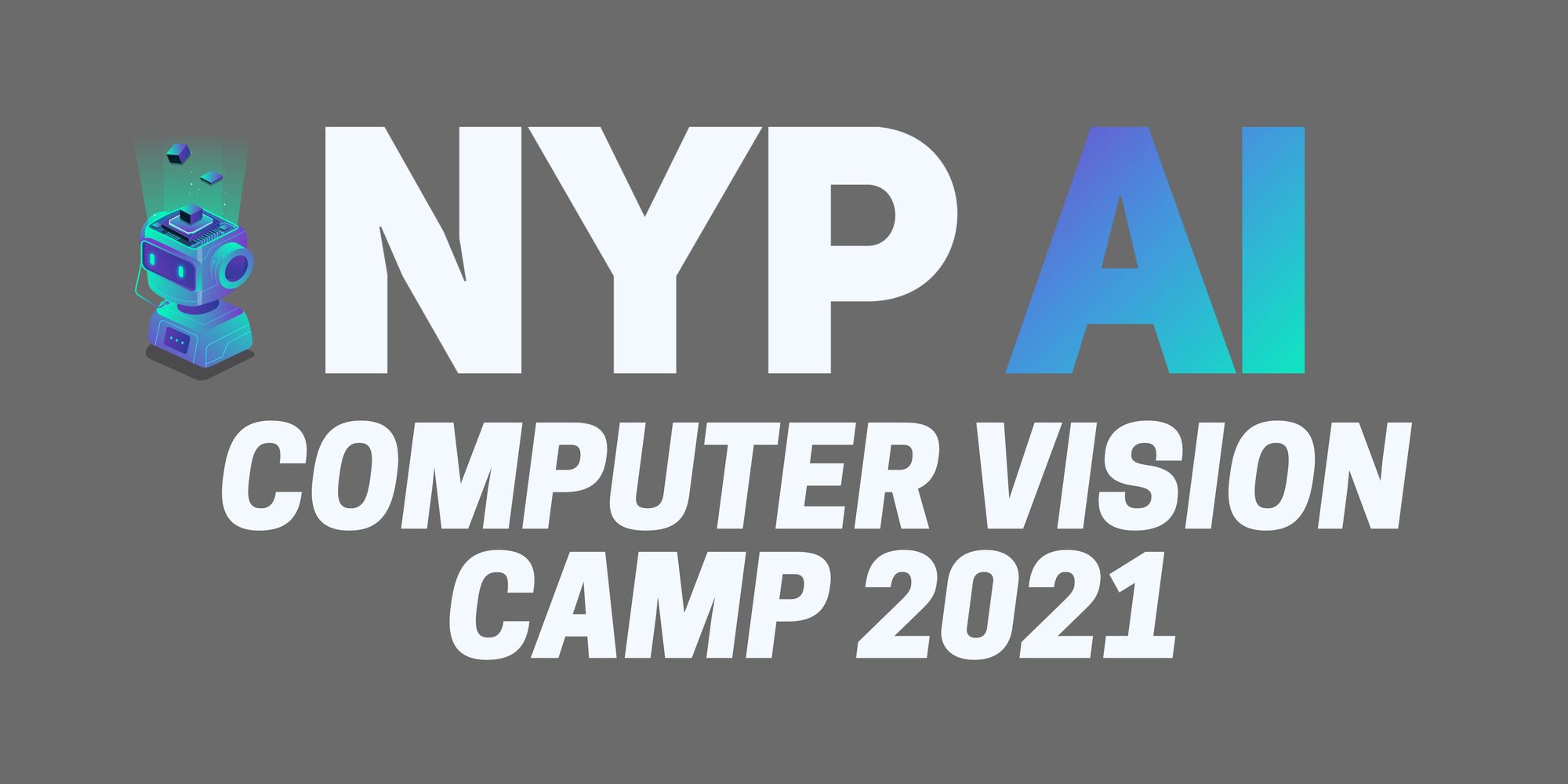NYP AI CV Camp 2020 takes a deeper dive into the Computer Vision landscape. From Image Processing to Deep Learning Convolutional Neural Networks, we cover the niche aspects of Machine Learning. The camp was conducted across four days: 4th - 7th January 2021, including 2 days of learning and 2 days of assignments.
Day 1: Image Processing
To start off the Camp, we reintroduced the already familiar concept of Supervised Learning. In the later stages of our Camp, we would be heavily focused on supervised learning modelling techniques, hence we emphasised the need for a solid understanding of the Supervised Learning paradigm.

This was followed by a high-level overview of the Image Classification domain.

To offer participants a code-free way to train their own image-based models, we utilized Google's Teachable Machine, which you can find here @ https://teachablemachine.withgoogle.com/.
Teachable Machine allows you to train your own Image Classification model, straight from your webcam.

Diving into the details of Image Processing, we covered Numpy Arrays for image datasets.
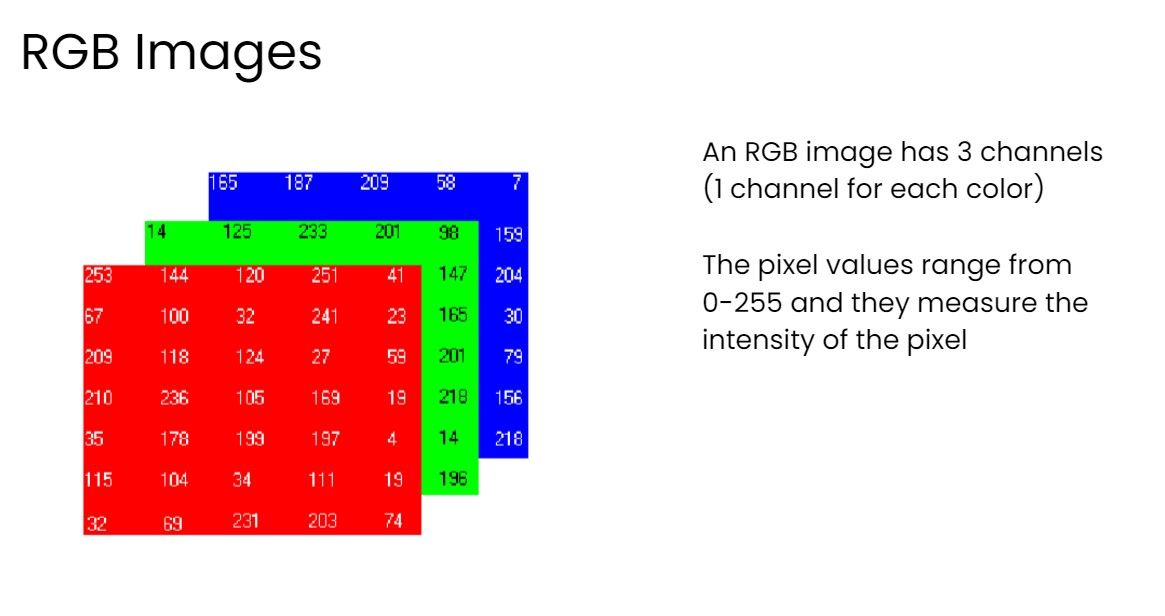
Participants also got to create their own image from scratch, using Numpy Arrays.
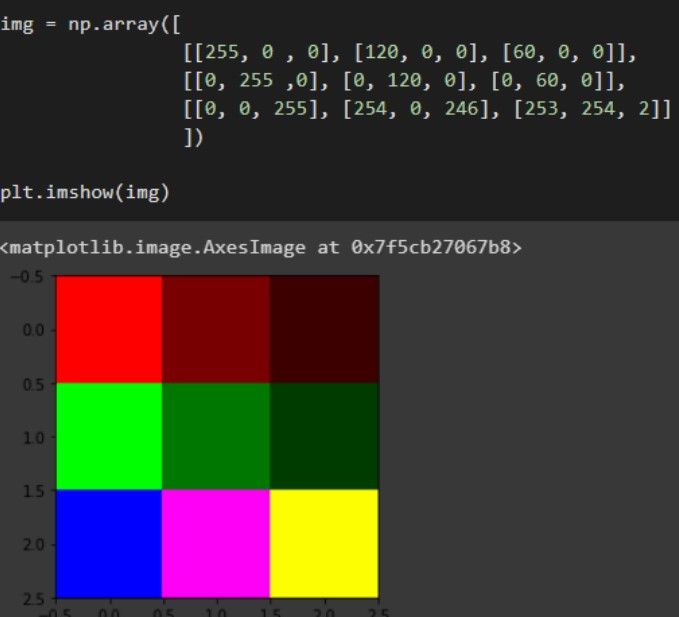
All these skills culminated in the final project of the day: Training our own Fruit Classifier.
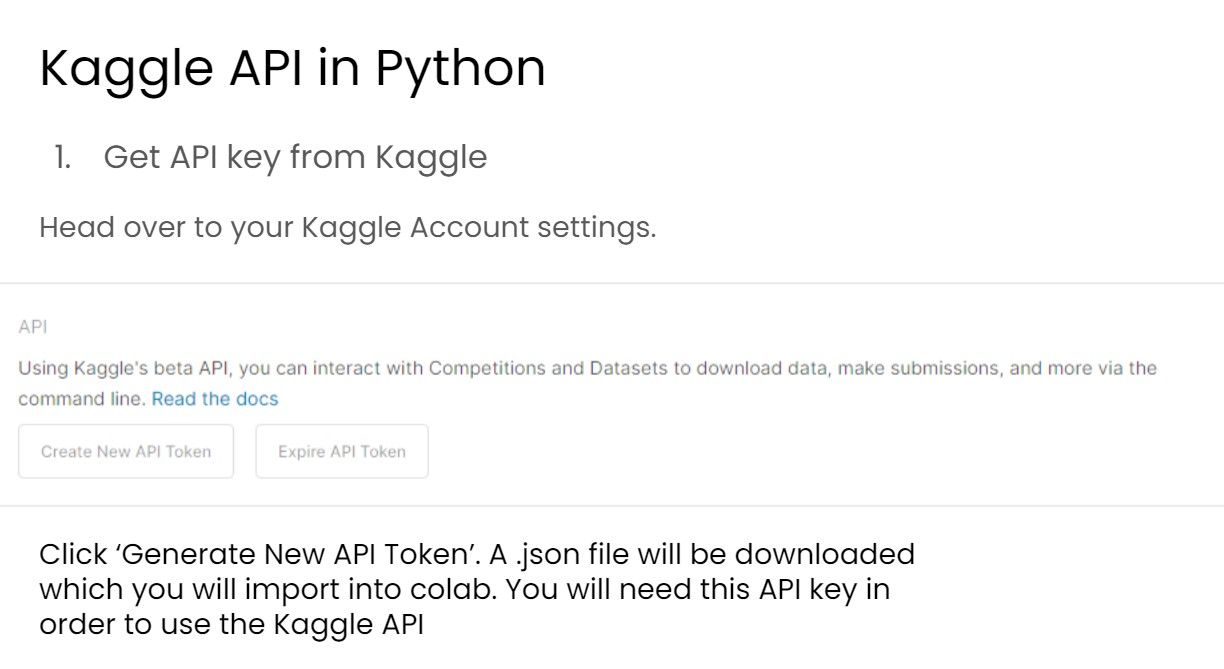
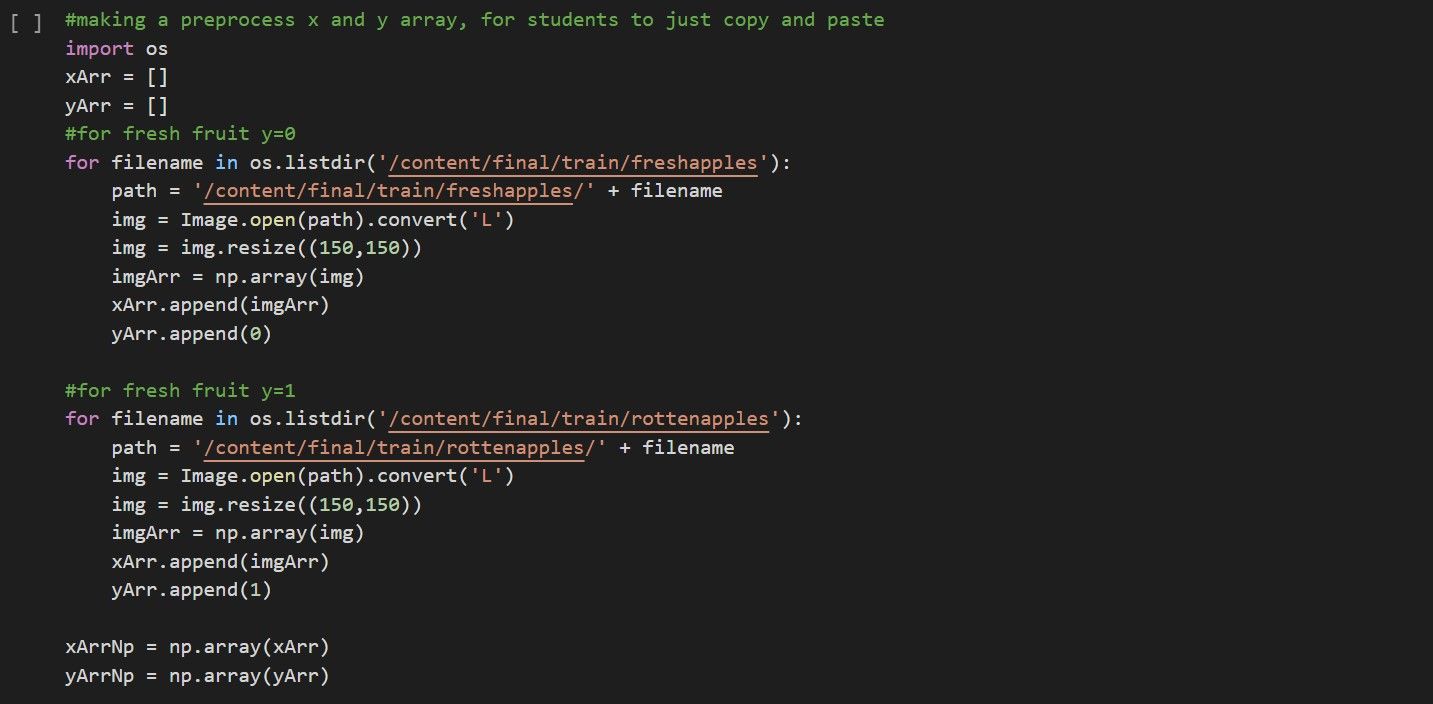
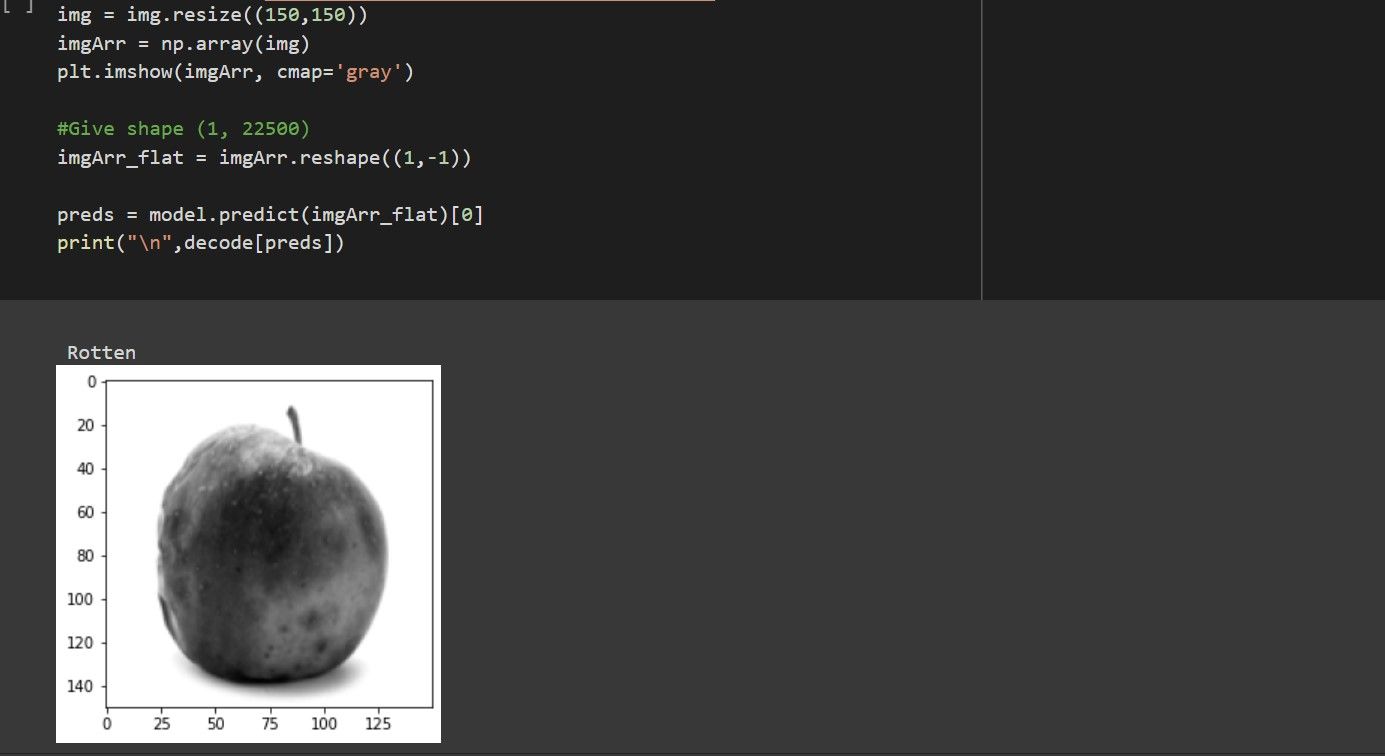
Day 2: Convolutional Neural Networks
For our Second Day, we introduced state-of-the-art Machine Learning Algorithms for Images: CNNs.
By explaining the limitations of Traditional Algorithms for Images (I.e Logistic Regression), participants could see the clear benefits of utilizing CNNs.

Given the Black-boxed nature of Deep Learning Algorithms, concise animations were used to provide a deeper level of understanding of the CNN algorithm. Namely, the concept of Convolutions and Filters were introduced.
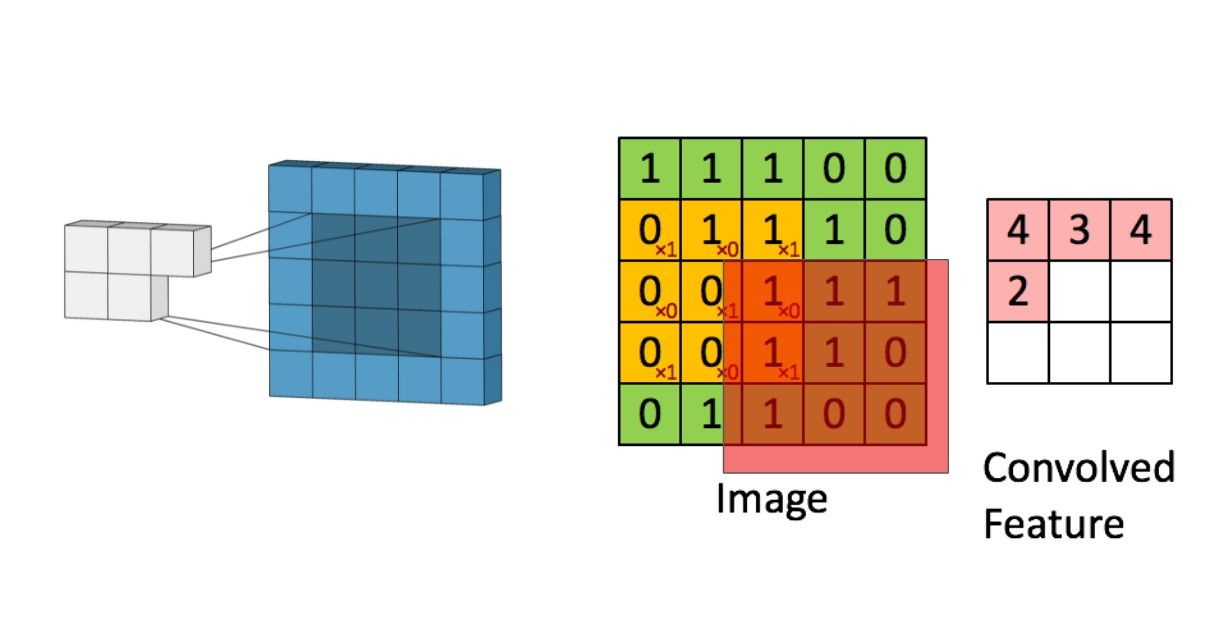
As CNNs allow us to work with 3 Dimensional, coloured images, our preprocessing steps would slightly differ from Day 1.

Moving on to the more exciting aspects of Day 2 - Actual modelling using Tensorflow's Sequential API
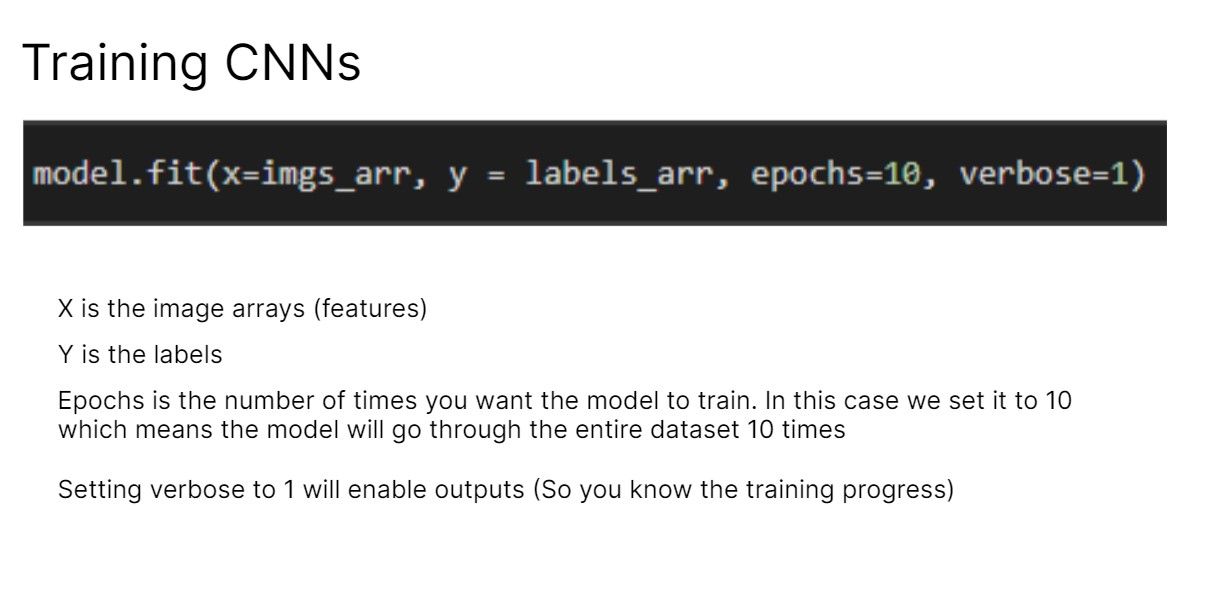
The results of our Algorithm were extremely accurate - A gigantic leap from yesterday's Logistic Regression Model.
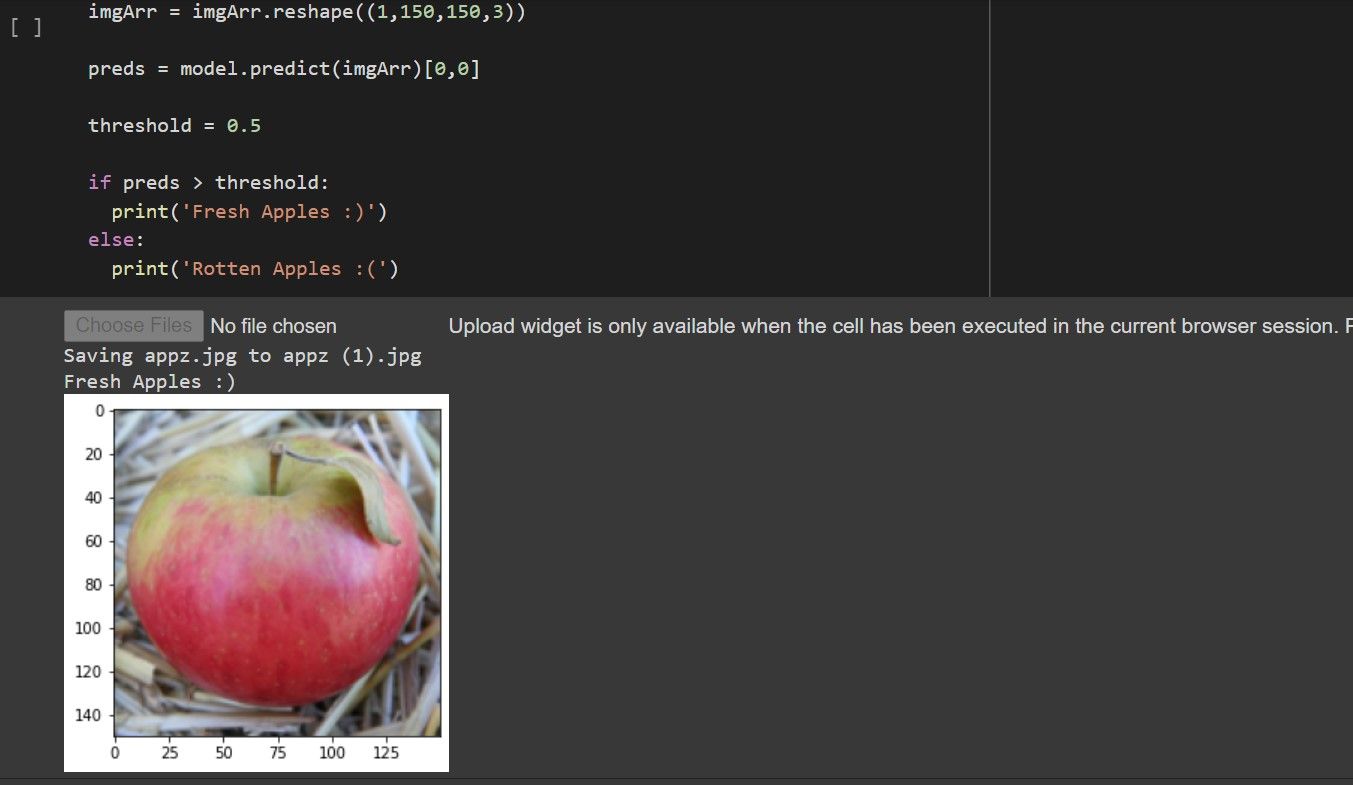
Moving Forward
We really had a blast teaching our members new ML techniques, particularly dabbling with Deep Learning Algorithms. We'll be back with even more awesome content in the future🤞. Until then! ~
